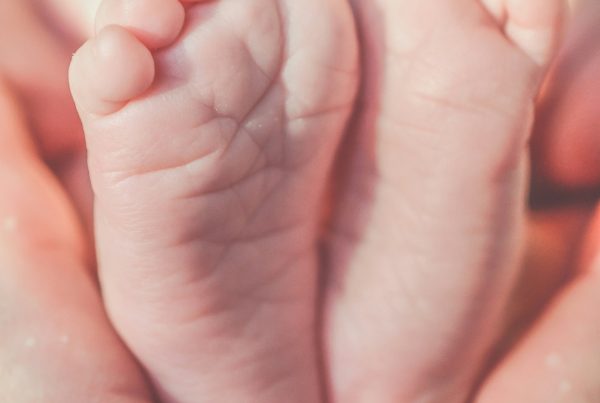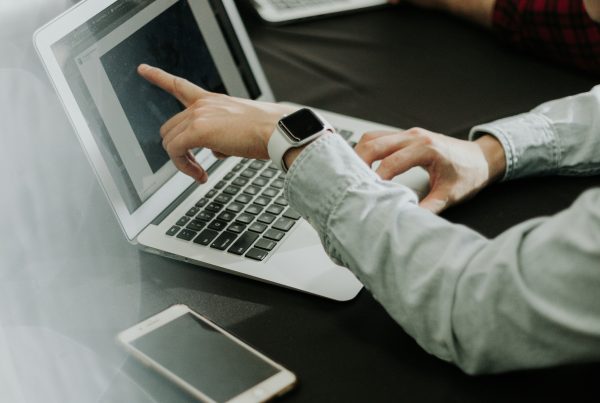Are You Ready for Tax Time 2021?
Don’t jump the gun and lodge too early
Tax time 2021 is almost here, but it’s likely to be anything but routine. Many individuals on reduced incomes or who have increased deductions may be eager to lodge their income tax returns early to get their hands on a refund. However, as always the ATO is warning against lodging too early, before all your income information becomes available. It’s important to remember that employers have until the end of July to electronically finalise their employees’ income statements, and the same timeframe applies for other information from banks, health funds and government agencies.
With so many different types of incomes and expenses affecting tax obligations this income year, the ATO is taking a range of different approaches to support taxpayers and the community through tax time. In addition to updating published information on its website, the ATO encourages taxpayers to search its online “ATO community” forum, which operates 24 hours a day and contains “ATO-endorsed” responses.
For most people, income statements have replaced payment summaries. So, instead of receiving a payment summary from each employer, the income statements will be finalised electronically and the information provided directly to the ATO. The income statement can be accessed through myGov and the information is automatically included in the tax return for people who use myTax. Tax agents also have access to this information.
According to the ATO, it is important to wait until the income statement is finalised before lodging a tax return to avoid either delays in processing or a tax bill later on. The income statement will be marked “tax ready” on myGov if it is finalised. Other information from banks, health funds and government agencies is also expected to be ready by the end of July and will be automatically inserted into the tax return.
If you still choose to lodge early, the ATO advises carefully reviewing any information that is pre-filled so that you can confirm it is correct and that you wish to use it. Early lodgers will also be required to acknowledge that their employers may finalise their income statement with different amounts, meaning that the lodger may need to amend the tax return and additional tax may be payable.
The ATO will start full processing of 2020–2021 tax returns on 7 July 2021, and expects to start paying refunds from 16 July 2021.
How COVID-19 has changed work-related expenses
COVID-19 has changed many people’s work situations, and the ATO expects their work-related expenses will reflect this during tax time in 2021. In 2020 tax returns, around 8.5 million Australians claimed nearly $19.4 billion in work-related expenses.
Last year, the value of car and travel expenses decreased by nearly 5.5%, but there was a slight increase (around 2.6%) in clothing expenses. This increase was driven by front-line workers’ first-time need for things like hand sanitiser and face masks.
“Our data analytics will be on the lookout for unusually high claims this tax time”, Assistant Commissioner Tim Loh has said. “We will look closely at anyone with significant working from home expenses, that maintains or increases their claims for things like car, travel or clothing expenses. You can’t simply copy and paste previous year’s claims without evidence.”
The ATO does know that some of these “unusual” claims may be legitimate, and wants to reassure people who have evidence to explain their claims that they have nothing to fear. It also recognises that tax rules can be confusing and sometimes people make mistakes on their returns while acting in good faith.
During 2020, the ATO had to shift its focus to getting stimulus benefits out the door as quickly as possible to support the many Australian businesses in need. In 2021 it will continue supporting individuals and businesses through this challenging time, while recommencing its focus on addressing unreasonable work-related expenses claims.
Working from home expenses
The temporary shortcut method for working from home expenses is available for the full 2020–2021 financial year. This allows an all-inclusive rate of 80 cents per hour for every hour people work from home between 1 July 2020 and 31 June 2021, rather than needing to separately calculate costs for specific expenses.
All employees need to do is multiply the hours they worked at home by 80 cents, keeping a record such as a timesheet, roster or diary entry that shows the hours worked at home.
Remember – the shortcut method is temporary. To claim part of an expense over $300 (such as a desk or computer) in future years, people still need to keep their receipts.
The temporary shortcut method can be claimed by multiple people living under the same roof and (unlike the existing methods) doesn’t require people to have a dedicated work area at home.
The shortcut is all-inclusive. A person can’t claim the shortcut and then claim for individual expenses such as telephone and internet costs and the decline in value of new office furniture or a laptop.
People who choose not to use the shortcut method for working from home expenses can instead:
- claim 52 cents per work hour at home for the heating, cooling, lighting and cleaning of a dedicated work area and the decline in value of office furniture and furnishings, then calculate the work-related portion of telephone and internet expenses, computer consumables, stationery and the decline in value of a computer, laptop or similar device; or
- claim the actual work-related portion of all home running expenses, which needs to be calculated on a reasonable basis.
Remember, to claim any work-related expense, the employee must have spent the money themselves and not been reimbursed by their employer. The expense must be directly related to earning income (not a private expense), and the employee must have kept any necessary records (a receipt is best).
If claiming working from home expenses using the fixed rate or actual cost methods (rather than the shortcut method), employees cannot claim:
- personal expenses like coffee, tea and toilet paper – while they might usually be supplied by an employer at the office, they aren’t directly related to earning the employee’s income;
- expenses related to children’s education, such as online learning courses or laptops;
- large expenses up-front – any asset that costs over $300 (either in total or per item), such as a computer, can’t be claimed immediately but should be spread out over a number of years.
Employees also generally can’t claim occupancy expenses such as rent, mortgage interest, property insurance, land taxes and rates. Working from home doesn’t mean the home is a place of business for tax purposes. Claiming occupancy expenses may mean having to pay capital gains tax when selling the home, even if it is the main residence.
Personal protective equipment
If a person’s specific work duties require physical contact or close proximity to customers or clients, or their job involves cleaning premises, they may be able to claim personal protective equipment (PPE) items such as gloves, face masks, sanitiser or anti-bacterial spray.
This includes industries like healthcare, cleaning, aviation, hair and beauty, retail and hospitality.
To claim PPE, the employee needs to have bought the item for use at work, paid for it themselves, kept a record (such as a receipt) and not been reimbursed by their employer.
Car and travel expenses
If an employee is working from home due to COVID-19 but needs to travel to their regular office sometimes, they cannot claim the cost of travel from home to work, because these are still private expenses.
Important: Clients should not act solely on the basis of the material contained here. Items herein are general comments only and do not constitute or convey advice per se. Also, changes in legislation may occur quickly. We, therefore, recommend that our formal advice be sought before acting in any of the areas.



